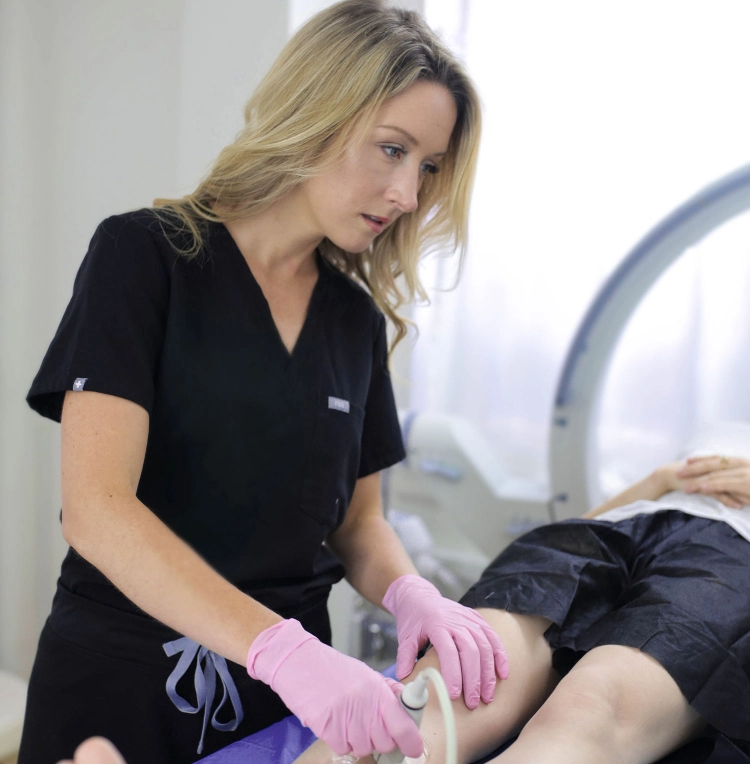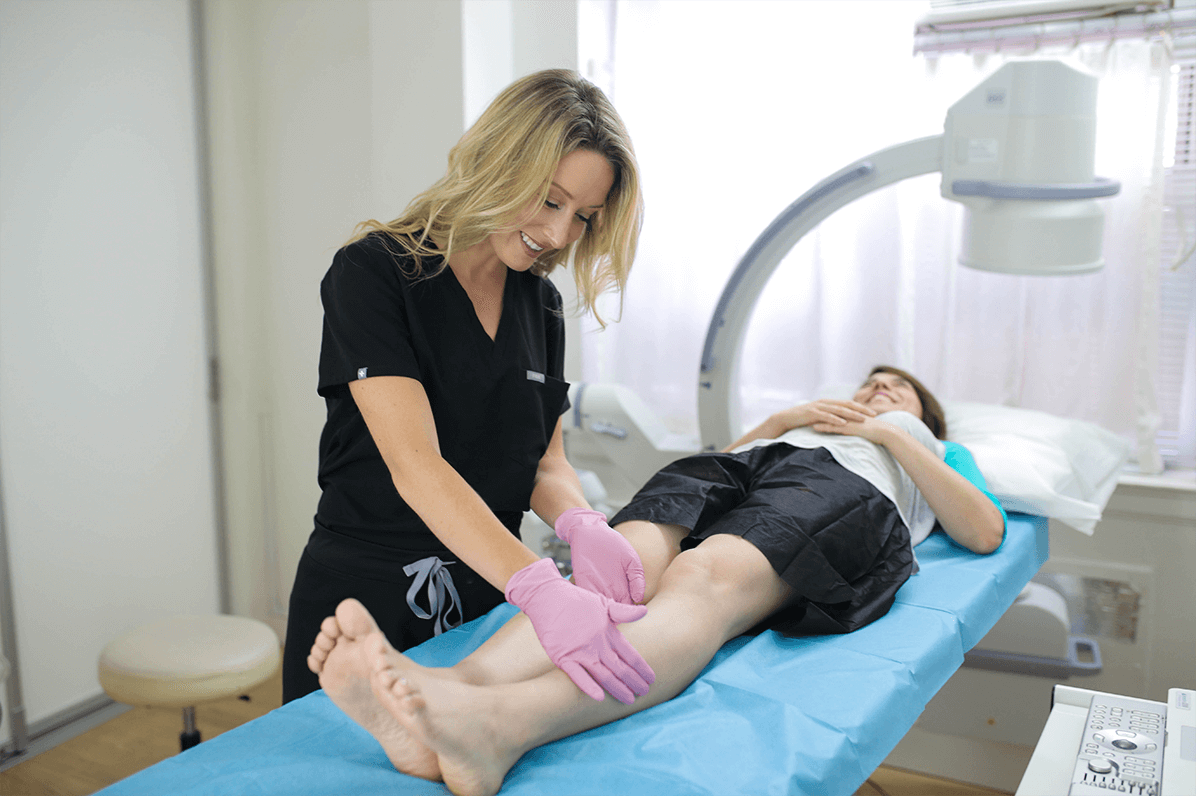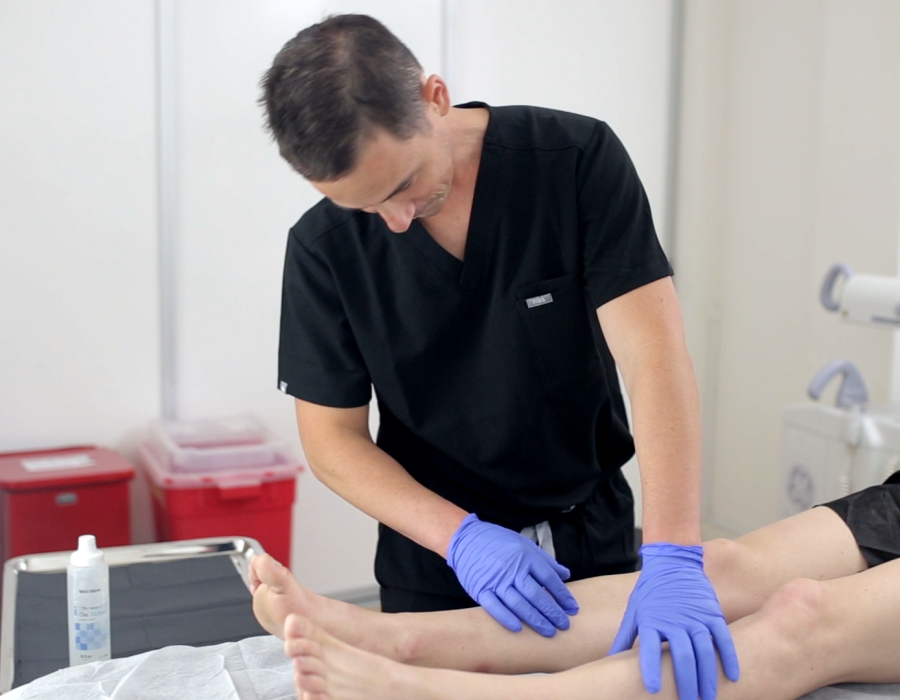Knowing what kind of specialist treats varicose veins is essential because you can not trust on any octor for this. After all, this is a matter of skin and aesthetic appearance. When specialists work on removing or treating various types of veins, a particular procedure should always performed by licensed professionals who have completed training and hold a certified license.
You are lucky enough because a wide range of vein treatments such as home care treatment, minimally Invasive Treatment, micro-phlebectomy and laser surgery are available to treat varicose veins.
When to see a vascular doctor is a common question many people ask from general doctors. Following are the symptoms that are giving you a sign of red flag to consult a vascular specialist:-

- Cramping, throbbing, or discomfort in the legs.
- When you notice changes in the colors of veins, such as red or purple
- Ulcers or skin discoloration near the affected region
- Vascular issues happen because of the family history or some close relatives
- Existing patients with diabetes, hypertension, or heart disease.
- Unable to walk properly
- Observing Difficulty in healing wounds on legs or feet.
- Tiredness, bulginess, or heaviness in the legs.
Getting varicose vein treatment on time is important by following proper diagnosis procedures. If left untreated, it may develop more serious health issues such as venous insufficiency, vein clots, and ulcers. For comprehensive treatment and diagnosis, you must consider seeing a varicose veins specialist.
Varicose Veins Diagnosis
Varicose Vein Treatment has a set of definite processes that healthcare experts can use during the journey, and you may need to perform as many as test until an effective solution is not found.

A venous Doppler ultrasound is one test a healthcare provider may suggest to diagnose varicose veins. A Doppler ultrasound is a non-invasive test that examines blood flow through vein valves using sound waves. A leg ultrasound can be useful in identifying a blood clot.
During this test, a medical professional applies a tiny, hand-held device called a transducer that moves to the skin over the targeted body part. The transducer sends pictures of the veins to a monitor, which shows the findings. Apart from Doppler sound, may your doctor recommend you perform any of these tests such as Duplex Ultrasound, CT or MRI scans, venography, ankle-brachial index (ABI) testing, or laboratory tests? It’s not necessary that you need these tests; sometimes, professionals ask to perform any test to identify the leading cause of venous insufficiency for better health.
Conclusion
Varicose veins are severe if not treated on time because they travel the blood back to the heart. It worsens the condition with time because it is connected with the blood circulation flow, which may cause complexities of heart-related diseases. So, what are you waiting for? Please schedule an appointment with a vein specialist immediately and discuss your issues with them in a calm and peaceful state of mind.






Comments